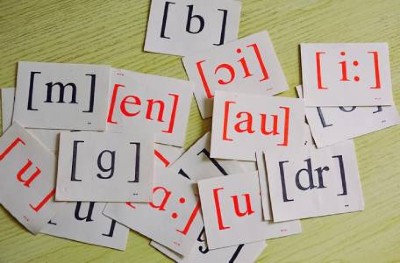
The true cost of science’s language barrier for non-native English speakers
2011 (1)
2016 (1035)
2017 (752)
2018 (978)
2019 (385)
2020 (175)
2021 (235)
2022 (101)
2023 (983)

journals lack clear policies to distinguish the quality of science from the quality of English writing.
To assess what journals are doing to accommodate authors with varying levels of English proficiency, researchers analysed author guidelines from 736 journals in the biological sciences and survey responses from the editors-in-chief of 262 of these publications.
Only 8% of the journals made their complete guidelines to authors available in at least one language other than English; less than 7% allowed authors to publish articles in languages other than English; and a mere 10% explicitly approved the use of references published in a language other than English.

The true cost of science’s language barrier for non-native English speakers
Amano says that most journals lack clear policies to distinguish the quality of science from the quality of English writing. Among the 736 journals surveyed, only two — Nature and Nature Plants — stated in their guidelines that manuscripts would not be rejected solely on the grounds of perceived English quality (Nature’s news team is editorially independent of its journal team). Of the 262 journals whose editors-in-chief were surveyed, only 6% instructed reviewers not to base their assessments solely on language proficiency.
Such instructions for reviewers could have prevented a negative experience for Lina Pérez-Angel, a palaeoclimatologist at Brown University in Providence, Rhode Island, who was deeply affected by a reviewer who wrote that her “sloppy language” challenged the credibility of her work. “This was a review that destroyed my confidence in the science I do, and I just think there are more inclusive and accessible ways to give this kind of feedback,” she says.
The consequences of journals’ linguistic bias are made clear in another study co-authored by Amano2. This found that non-native English speakers reported having their papers rejected because of writing issues at least 2.5 times more often than did native speakers.
working with authors for whom English is a second language by simply being mindful of the language gap.
ermana Barata, a researcher who specializes in science communication at the State University of Campinas in Brazil, says she had a good experience when publishing in the journal Cultures of Science. Editors were “very sensitive” in their revisions, she says. “Their corrections and edits did not change in any way my ideas, the essence of what I was writing or the style,” she says. “This doesn’t happen in many other publications.”
Amano says that artificial-intelligence tools such as ChatGPT might help with proofreading. At least one publication, the Journal of Ecology, is offering a trial of an AI proofreading service, called Writefull, free of charge for submitting authors.
Nature 620, 931 (2023)
doi: https://doi.org/10.1038/d41586-023-02529-1
Arenas-Castro, H. et al. Preprint at EcoEvoRxiv https://doi.org/10.32942/X2NS3K (2023).
Amano, T. et al. PLoS Biol. 21, e3002184 (2023).